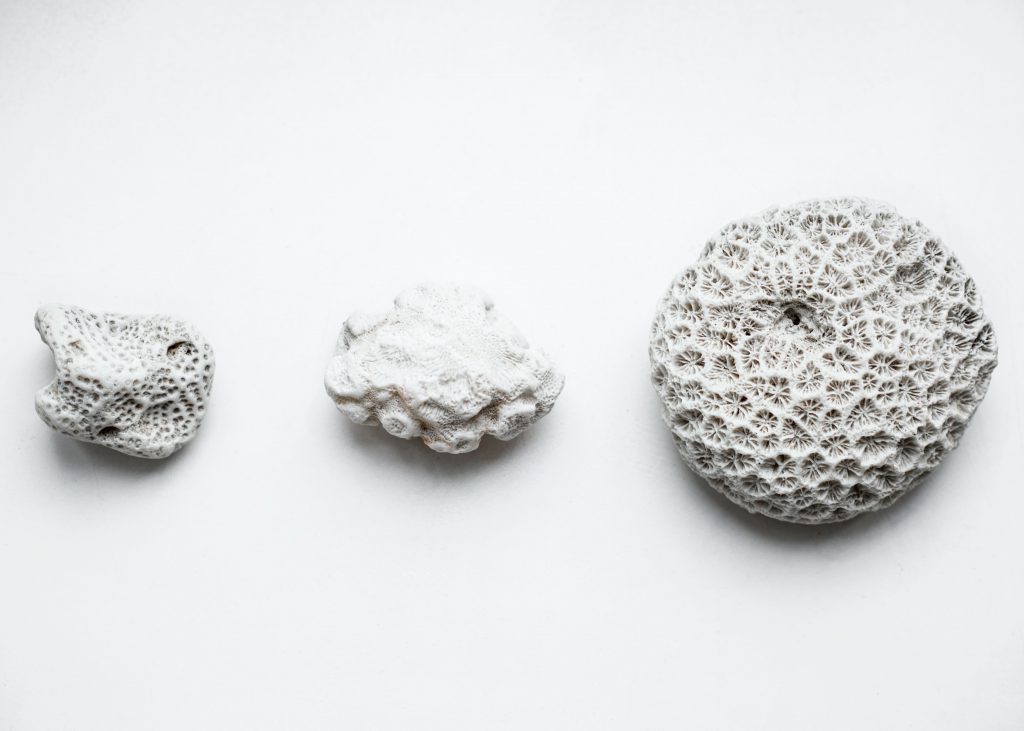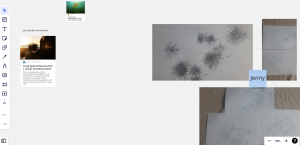
Photo credit: Petr Sidorov, Unsplash.
In this summer, our research team participated in an inspiring and thought-provoking online summer school organized by the Utrecht University called The Posthuman Life of Methods, which was led by the prominent contemporary philosopher Professor Rosi Braidotti. The realization of the summer school was rich and gave us the opportunity to connect and craft new ideas and future pictures collectively through multimodal means.
The eight intense days of summer school evoked our interest in diverse and new posthuman theories, concepts and methods, especially affirmative ethics, critical posthumanities and non-representational approaches. Posthuman philosophies also inspired us to think about the possibility of art-based methods to enrich early childhood education by emphasizing relationalities and embodiment of learning. At the end of the summer school, we were deeply impressed and gained many takeaways. One of our beautiful takeaways is the realisation that we can only act and make a difference in the world by becoming with others; as Braidotti (2019) pointed out, “we are in the process of becoming: ‘we’ who are not One and the same, but are nonetheless in this posthuman convergence together.” (p 119). Critical thinking is speculative, creative, and fabulative. Change in the age of the Anthropocene is only possible if we work through collective crafting and a collective endeavor for new ways of looking at the living and non-living world and to listen to ‘’missing people and voices’’ in society (Braidotti, 2019).
During the summer school, we worked in small groups to create cartographies in the ‘’arts laboratories’’. In these sessions, we developed an artistic care manifesto in the virtual whiteboard software Miro to think with attunements connected to the question: how do we care from a posthuman perspective? For example, we approached this question through deep listening to sounds in the local environment, by thinking about how we connect to the ocean or making blind contour drawings of the sea urchin and the sea dragon. The collective craftings of the care manifesto created collaborative spaces to explore the possibilities of “slow being” and creating a new language in education.
After participating in this gainful summer school, we look forward to exploring further posthuman philosophies in our upcoming research.
The ECHOing research group

Picture: A capture from the collective blind contour drawing of the sea urchin and the sea dragon in the Miro collaborative whiteboard.
More information about the summer school: https://rosibraidotti.com/summer-school/
References:
Braidotti, R. (2019). Posthuman knowledge. Polity Press.

